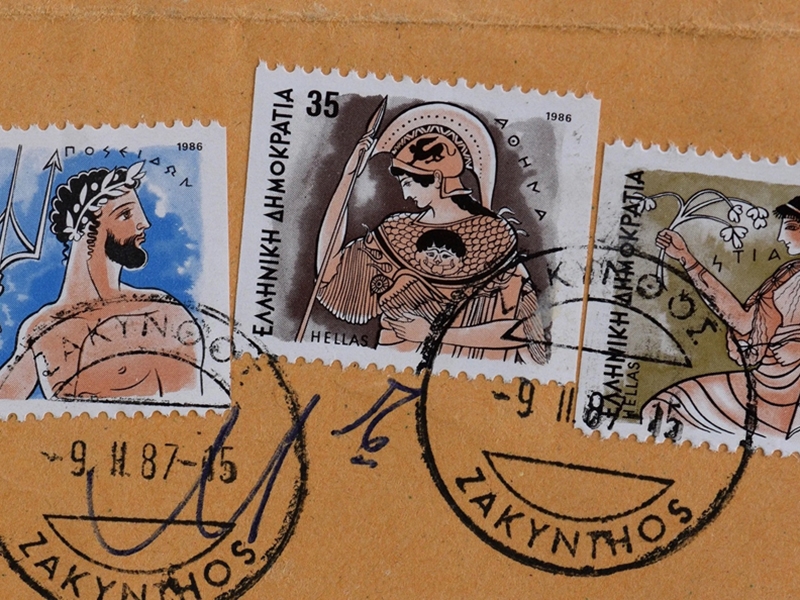Do you want to know where many English words come from? Do you want to read the New Testament in the original language? Do you want to know what Socrates really said? Or Plato? Or Aristotle? Do you want to know the real story of Assassin's Creed Odyssey? Do you want to know what the first tragedies and comedies in ancient Athens sounded like? Do you want to be able to read Homer's Odyssey and Iliad, and to know the real names of the characters in Percy Jackson? The real story of the Trojan War? Of Alexander the Great? Of the early church fathers? Do you want a language course that does not require you to converse out loud? One that counts towards any major's language requirement?
If you answer "yes" or "maybe" to any one of these questions, and if you are a dedicated student, maybe Ancient Greek is right for you. Consider learning this language which has been continuously spoken and written for over 3,000 years. This will be a skill that sets you apart from the average college student.
This fall, Dr. Daniel B. Levine, University Professor of Classical Studies, will teach GREK 10103, MWF 9:40-10:30 a.m. Dr. Levine has received local and national teaching awards during his 44 years as professor at the U of A and has directed a dozen study tours in Greece for the U of A. He will direct the U of A study abroad Classics in Greece in May 2025. Taking ancient Greek will help students in the program learn to read and speak modern Greek more quickly and give them insight on what they will be seeing during their four weeks in the Aegean.
Know Thyself: ΓΝΩΘΙ ΣΑΥΤΟΝ.
More information: Dr. Daniel Levine: dlevine@uark.edu.
Contacts
Daniel Levine, University Professor
WLLC
479-575-2951, dlevine@uark.edu
